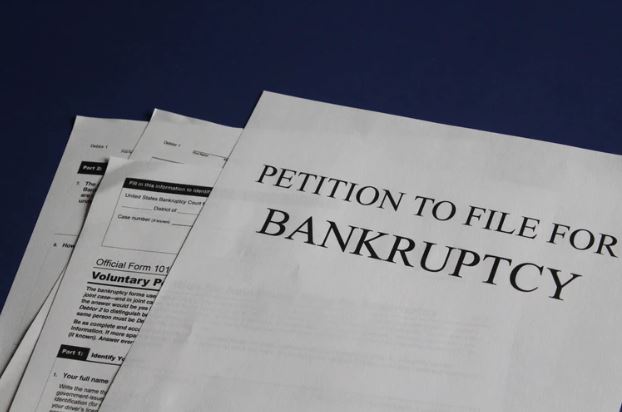
Insolvency is a legal status that is applied to a person or company that cannot meet their financial obligations as they become due, either at once or in the future. The failure of businesses, individuals and partnerships to repay their debts has been common in almost every economy for centuries. Given the significant damage that insolvent individuals and businesses can cause to other people and their own creditors, most jurisdictions have established laws and procedures to assist creditors with recovering some value from these entities when they become insolvent. These laws generally involve three main processes: initiating insolvency proceedings; preparing an insolvency petition; and litigating insolvency matters.
In this blog post, we’ll take a closer look at what litigation is in terms of insolvency proceedings, how it works, who benefits from it, and the pros and cons of undergoing this process.
What is Insolvency Litigation?
Insolvency litigation is a legal proceeding that involves a creditor attempting to recover a debt owed to them by an insolvent person or company. Debtors in bankruptcy or receivership proceedings typically cannot be sued, but this is not the case when a company has become insolvent but has not yet filed for bankruptcy.
Insolvency litigation can be initiated through a petition to the court, often called a petition for the winding-up of a company (WUC). The main purpose of these proceedings is to assign a liquidator or receiver to collect the money that is owed to the creditors.
Why is Insolvency Litigation Important?
Insolvency proceedings are often described as a game in which the goal is to get as much as you can from the debtors before they go bust. However, in reality, this game has profound and far-reaching negative consequences for all parties involved, including for society as a whole. To understand why insolvency litigation is important, we must take a look at the consequences of insolvency proceedings.
Who can benefit from insolvency litigation?
– Creditors – the primary beneficiaries of insolvency litigation are the creditors. In many jurisdictions, creditors are the only parties that can initiate liquidation proceedings. For this reason, they can benefit greatly from being able to collect on the debts owed to them.
– Insolvency professionals – as you will see below, insolvency litigation is very complex and involves many tasks and skills. Because of this, having professionals involved in the process can be very beneficial to all parties, however, as the fees can be high, the insolvent professional can receive large amounts of money. This means that it is essential to only use a reputable insolvency company as they will always provide the best of advice from the customers perspective and not on how much they will make.
How does insolvency litigation work?
At the beginning of the process, the creditors submit a petition to the court and name the company that owes them money. At the same time, they also name a person who will be responsible for managing the litigation. This person is called the “provisional liquidator” or “proposed receiver.” If the court agrees with the petition and approves the provisional liquidator or receiver, it orders that person to manage the litigation.
The main goal of this phase is to bring the company that owes the creditors to pay much money as is possible. This is done by attempting to collect the debts owed to the company, as well as trying to maximize the amount that the creditors receive in the liquidation. The creditors may choose to sell the company’s assets to raise money, or they may make a claim against the company’s financial assets.
Pros and cons of insolvency litigation
– Benefits of insolvency litigation – as we have seen above, the primary beneficiaries of insolvency litigation are the creditors. But in order to receive their money, they have to go through this complex and time-consuming process.
– Risks of insolvency litigation – the main risk that the company and the stakeholders face during liquidation proceedings is that there may not be enough money for all of them. If the company has a large debt and very few assets, creditors may not get all their money. In a worst-case scenario, none of them may receive anything at all.
Conclusion
Insolvency litigation is a complex and time-consuming process that is necessary when a company has become insolvent but has not yet filed for bankruptcy. This type of litigation involves a creditor attempting to recover a debt owed to them by an insolvent person or company. Because the primary beneficiaries of these proceedings are the creditors, they can benefit greatly from this process.
If you are facing insolvency proceedings because of
- A breach of fiduciary duties or a misfeasance claim
- Disposing of assets at below its true value
- Paying creditors on an unfair basis
- Wrongful trading or fraudulent trading
- Paying illegal dividends
- Using a ‘prohibited name’
Then please do contact the experts at Neil Davies and Partners, see https://ndandp.co.uk/insolvency-claims/ for more information.
You may be interested in: What Is The Best Way A Business Can Recover a Debt?

